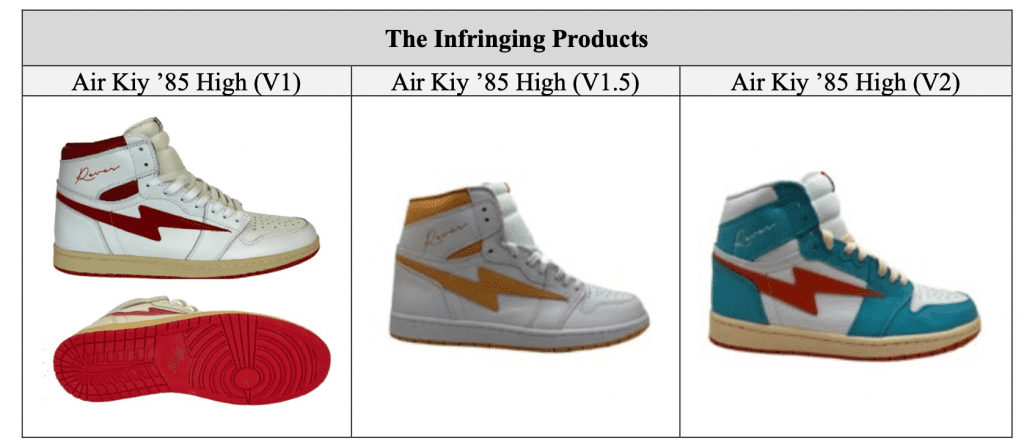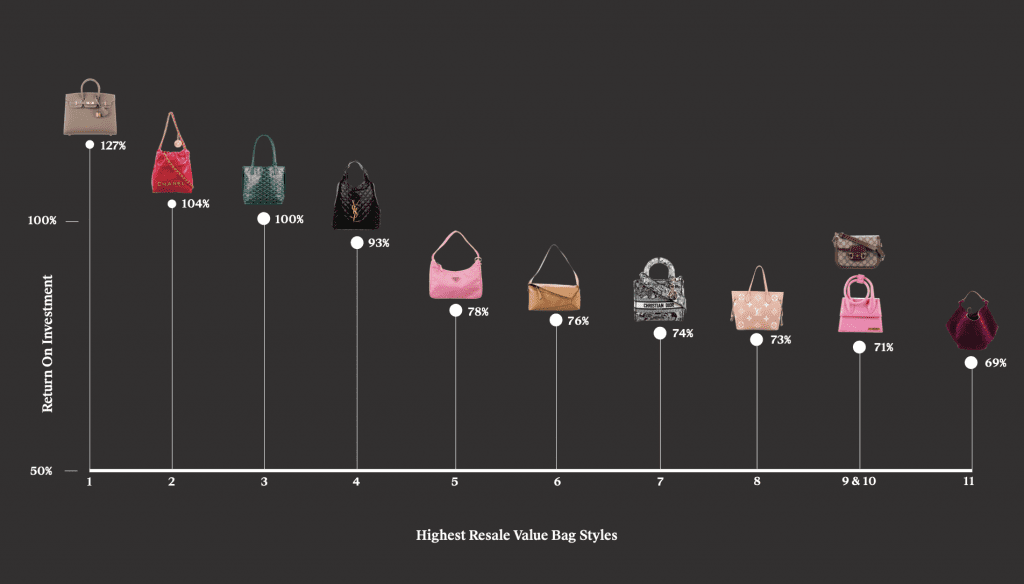Recent years have seen a rise in litigation over companies’ climate & sustainability marketing claims. At the same time, regulators are paying increased attention, with the Securities & Exchange Commission working to finalize proposed climate disclosure rules that will require companies to disclose certain climate-related information, ranging from greenhouse gas (“GHG”) emissions & expected climate risks to their corresponding transition plans. At the same time, the Federal Trade Commission is going back to the drawing board to revamp its Green Guides for the first time in over a decade to better equip companies with guidance to avoid greenwashing in their climate & broader sustainability-centric advertising.
California’s Climate Bills: All the while, lawmakers in California have two bills in the works that could drastically impact how companies track and disclose greenhouse gas emissions and climate risks: The Climate Corporate Data Accountability Act (SB 253) & Climate-Related Financial Risk Act (SB 261).
Climate Corporate Data Accountability Act: First introduced in 2021 and then re-introduced this year with other bills (including the Climate-Related Financial Risk Act) in California’s Climate Accountability Package, SB 253 requires all public or private entities that: (1) have total annual revenue that exceeds $1 billion, and (2) conduct business in California (i.e., that “engag[e] in any transaction for the purpose of financial gain within California, being organized or commercially domiciled in California, or having California sales, property or payroll exceed specified amounts: as of 2020 being $610,395, $61,040, and $61,040, respectively,” per the Senate Floor Analyses) to report GHG emissions (Scopes 1-3) annually.
Scope 1 and Scope 2 reporting will be required starting in 2026, whereas reporting on Scope 3 emissions – those that result from the activities of entities not owned or controlled by the reporting organization, but that indirectly affects in its value chain – will be required beginning in 2027. Companies’ disclosures would need to be independently verified by a third-party auditor that has expertise in GHG emissions, and the disclosures would be housed on a publicly available digital registry administered by an organization contracted by the California State Air Resources Board.
*This opening blurb ended up being pretty lengthy – you can find the full thing right here.
– Patagonia v. Mike Hampton Art: Patagonia is suing for TM & copyright infringement in connection w/ the sale of t-shirts, hats, stickers, etc. that bear “deceptively similar & derivative copies of [its] original P-6 logo.” While Hampton “previously promised to stop selling these exact designs as part of a settlement agreement with Patagonia to resolve the parties’ prior dispute,” Patagonia asserts in its complaint that he never actually ceased such sales.
– Ellis v. Nike: Nike is seeking dismissal in the sustainability marketing suit waged against it, arguing, in part, that the amended complaint “adds no allegations curing Plaintiff’s lack of standing to assert claims with respect to products she did not purchase or representations she did not see or rely upon” and the plaintiff still does not plead any actionable deception.” (Motion for dismiss is here.)
– Patagonia v. Walmart, et al: A C.D. Cal judge refused to toss out the case that Patagonia filed against Walmart and others for allegedly infringing its TM by way of products bearing the word “Patagucci.” The court shot down the Ds’ arguments that Patagonia failed to differentiate between the claims against the individual Ds. “What Ds seem to truly take issue with is that Patagonia included a cause of action that is alleged only against Walmart for conduct it engaged in,” according to the court, which found that the complaint isn’t “an improper shotgun pleading.”
– Nike v. BY KIY, LLC, et al: Nike & David Weeks, one of the defendants in the Nike-waged TM infringement suit, have agreed to the entry of a final and enforceable judgment, including a permanent injunction. Some of the allegedly infringing footwear …

Secondary Market Snapshot – The RealReal released its annual resale report this week. Among the key takeaways: Consumers continue to buyer “fewer, better” products and have increased spending per item accordingly. Sales of “fair” conditions items are way up in a nod to the fact that consumers are adopting accessories (like bags) that have a more worn look. Quiet luxury was not just an item of media fodder, but actually translated into sales. As for “investment bags” ….

– Rolex has agreed to acquire Bucherer in what is being characterized as “a major tie-up in the closely held luxury-watch industry that will give it more control over how its watches are sold.”
– Forever 21 & Shein are joining forces in furtherance of a joint venture that will see the Chinese ultra-fast fashion giant acquire about 1/3 of Forever 21′s operator, Sparc Group, while Sparc will take a minority stake in Shein.
– Ghost has raised $30M to build out its members-only B2B marketplace that enables brands to offload unsold wares.
– AI-native design platform & image editor Modyfi has raised $7M in seed funding.
– Mercanis, which uses data insights & AI to provide sourcing & supplier management tools, has raised $10M.
– Omni-channel communication platform Conversation24 has raised €3M in a new round.
– PROSPECT 100, which links brands and creatives worldwide, has raised $750k.
– AI and Web3 startup Moonbox has received a strategic investment from Bing Ventures.
– Frankfurt, Germany-based impact measurement startup leonardo has raised €555k.
– nChain will invest €2M in Universal Plastic in exchange for a 20% stake in the equity of Universal Plastic.